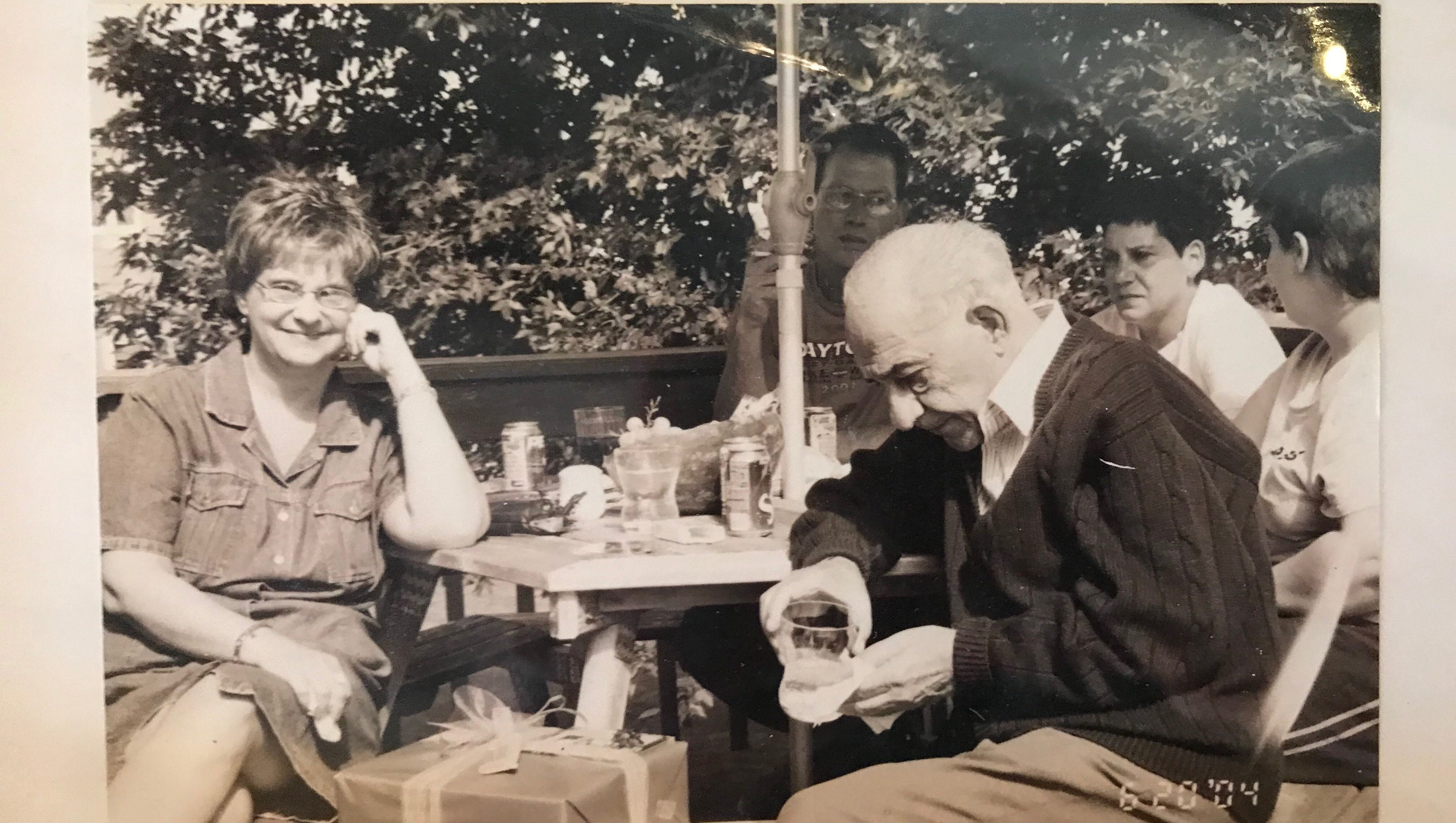

The federal government's intensifying emphasis on the law in recent years has pushed cities and states across the nation to adopt stricter grease regulations, said Paul Marshall, a coordinator for the EPA. Environmental Protection Agency, that prohibits sewer overflows into waterways. The tightening rules stem from a nearly 30-year-old federal law, enforced by the U.S. The costs are typically closer to $30,000 but can be more depending upon the topography and the facility's needs.īusinesses that fail to keep grease levels sent to sewer systems within legal limits, like Mama Lacona's, also can be forced to make the upgrades. Generally, the requirements kick in for new construction or any food business that undertakes $50,000 or more in improvements. Interviews with public officials across the state underscore that hundreds of other restaurants face similar decisions.

#Mama lacona code#
"We're all aware that we need to keep the grease out of the water, but when they put that code in place, it definitely killed a lot of chances for your smaller, ethnic, mom-and-pop places from opening," Massoth said. Sewer costs are among the top considerations, Massoth said. Owners will decide within the next two months whether they will proceed toward reopening. If the improvements at Mama Lacona's are not made within a few months, local officials say they have little choice but to force the restaurant to close.īuzzard Billy's likely will not be permitted to reopen until it installs the grease collectors, said Andy Massoth, an owner of the restaurant that closed last year after it was flooded. If restaurants fail to make improvements, it could jeopardize millions of dollars in federal grants allocated to Iowa and result in fines to governments as well as the restaurants.
#Mama lacona install#
Mama Lacona's faces a $200 fine for allegedly causing such a sewer overflow in June.īut ever-steeper costs also mean fewer entrepreneurs can afford to open a small restaurant and also translate into higher expenses and meal prices for operations of all sizes.Īt Mama Lacona's, besides the expense, the work would temporarily close the restaurant while contractors dig underneath the kitchen to install the collection tanks. The environmental risks posed by grease are real: Clogs from restaurant grease can cause sewage to back into homes and other businesses.

The situation reflects the ongoing tension between environmental requirements that protect the public and businesses' needs to control costs to keep their doors open. Jim Lacona, one of the owners of the family restaurant, said: "Things are hard now anyway, but to throw this on me, it might end us. Government regulators have told the restaurants they must install up to three 3,000-gallon underground tanks to collect fats and oils discarded as part of food preparation and cleanup. The future of Mama Lacona's, an Urbandale restaurant with a 52-year history, is uncertain, in part because of an $80,000 renovation required to meet increasingly stringent federal environmental rules.Īnd the possible reopening of Buzzard Billy's in downtown Des Moines is in doubt.


 0 kommentar(er)
0 kommentar(er)
